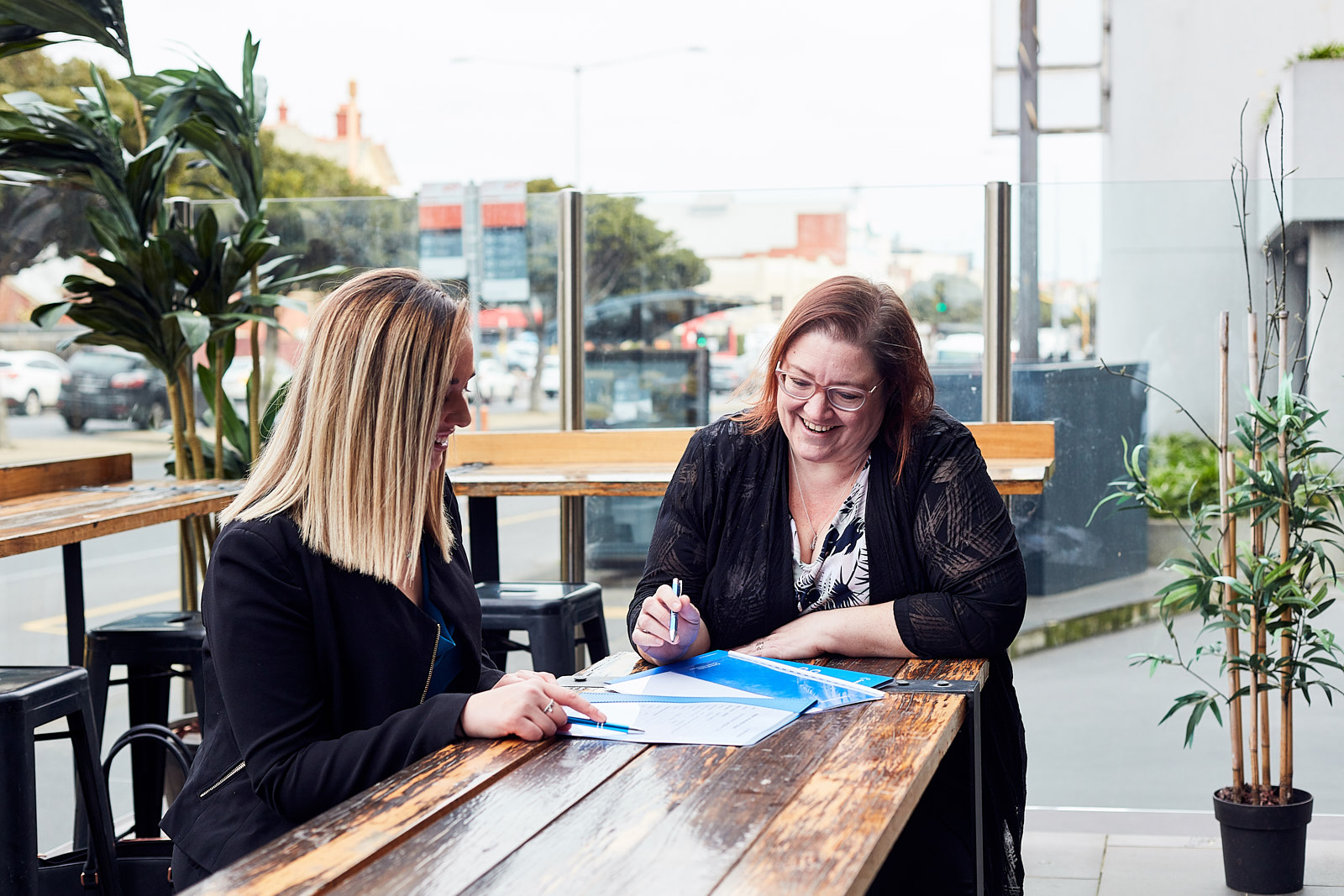Knowing what to expect to pay as a deposit when purchasing land is not always as straight forward as it may seem.
A deposit is usually paid by a purchaser on signing of a contract for the sale of land. Most commonly the agreed amount of the deposit will be 10% of the purchase price, however you may negotiate a lower or higher deposit if you do not have the funds to provide the full 10%.
Whether the Vendor will agree to a lower deposit, or seek a higher deposit, will most likely depend on the demand for the property you are looking to buy.
There are some circumstances that mean a deposit is limited to a certain percentage, such as if you are buying a lot on an unregistered Plan of Subdivision, then the Sale of Land Act 1962 (Vic) (“the Act”) prohibits the Vendor from requiring payment of a deposit higher than 10%.
Where is the deposit held?
Section 24 of the Act provides that any deposit paid in relation to a sale of land must be held by the legal practitioner, conveyancer or the selling real estate agent who receives the money as stakeholder. The deposit is held in accordance with the Act, pending settlement or, in the case of a terms contract, when the Purchaser becomes entitled to possession of the land, unless the requirements of section 27 of the Act are met.
Can the deposit be released prior to settlement?
Section 27 of the Act provides a mechanism by which the Vendor can secure an early release of the deposit prior to settlement.
If there are no longer any conditions still to be satisfied under the Contract to your benefit, and the Vendor can satisfy you that there are sufficient funds from the proceeds of sale to discharge any mortgages or other monies secured by the land, then the Vendor may be entitled to an early release of the deposit you have paid.
In order to obtain an early release of the deposit prior to settlement, the Vendor must provide the particulars of any mortgage or caveat secured by the property in a Section 27 Release of Deposit Statement to you, together with a letter from their mortgagee or caveator confirming these particulars. You will then have 28 days in which to object to the release. If there is no objection, then the deposit will be released to the Vendor 28 days later.
What happens if the deposit is released and the Vendor can not settle?
Once the deposit has been released, the Vendor may use that money as they please, most often for a deposit on the purchase another property.
If there is then an issue with settlement and the deposit has been spent it may be more difficult to recover that money in the event of a default of the Contract by the Vendor.
What happens to my deposit if I am unable to settle?
A standard Contract of Sale will likely provide that the deposit up to 10% of the purchase price is forfeited to the Vendor in the event of a default of the Contract by the Purchaser irrespective of whether the deposit amount has been paid or not.
It is also possible for the parties to agree under the terms of the Contract that the full deposit paid will be non-refundable if you are unable to settle.
What does this mean if I pay more than a 10% deposit?
The higher the deposit you agree to pay, the greater the risks are in the event that either of the parties is unable to complete the Contract.
If the Vendor defaults and the deposit has been released, then you may be left chasing the Vendor for the return of even more money.
If you default, then you may forfeit the full deposit, irrespective of what costs and losses the Vendor incurs when it loses the sale to you.
Buying a property can be daunting and you may feel pressured to agree to certain terms in order to secure the property you desire. Remember you cannot be forced to pay more than a 10% deposit and it is not standard practice to do so.
It is important to check the terms and conditions of any Contract carefully to understand what you are agreeing to before signing, and it is always recommended that you have an experienced legal practitioner or conveyancer review the Contract prior to signing.
It is particularly important to obtain advice if you ever feel pressured to agree to terms such as paying a higher deposit when buying a property.
Our experienced Property & Development team is here to assist you to navigate the process and ensure that your rights are protected.











